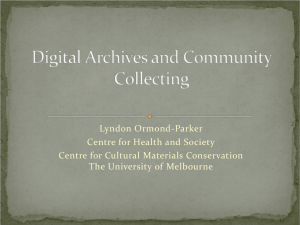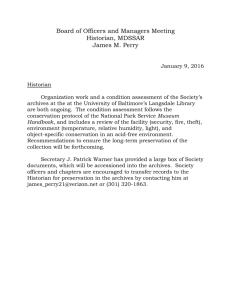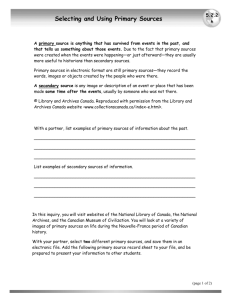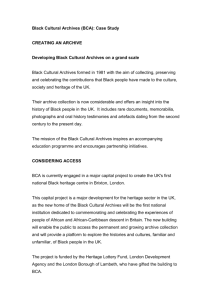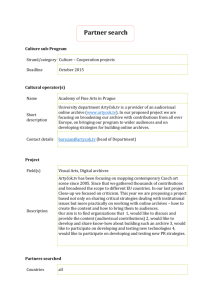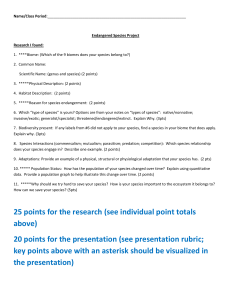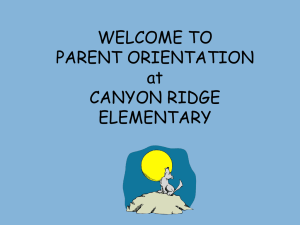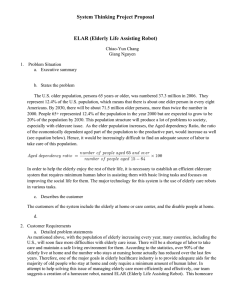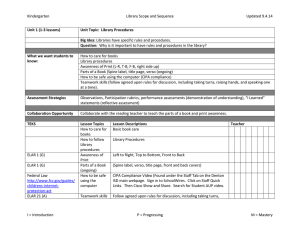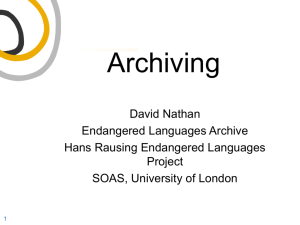abstract
advertisement
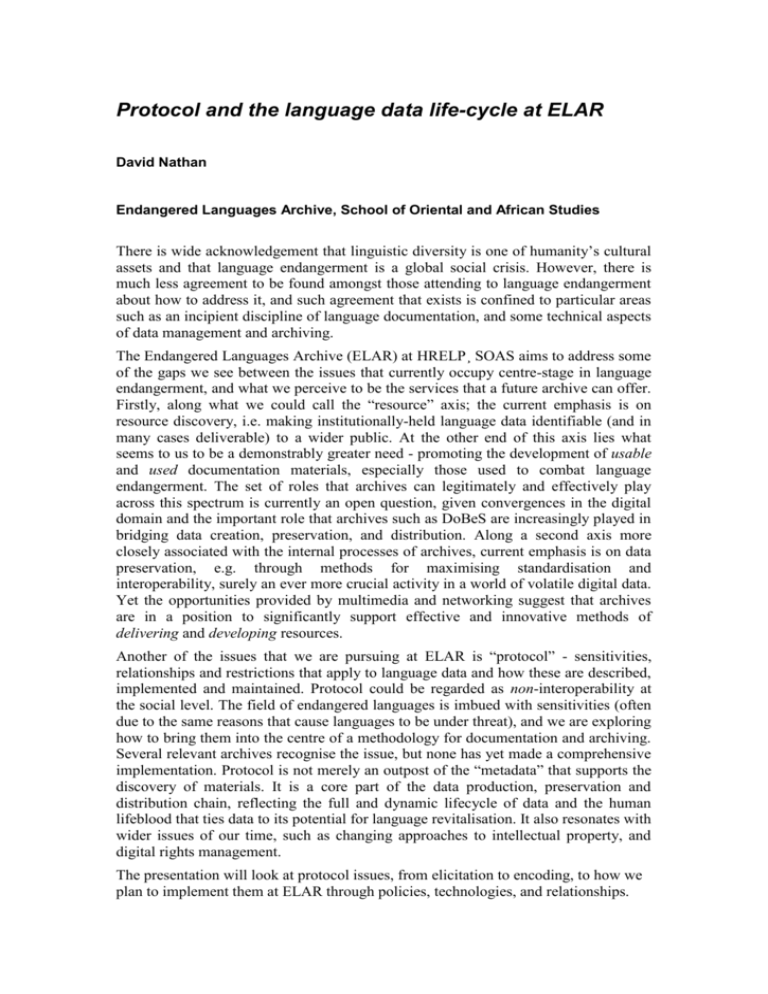
Protocol and the language data life-cycle at ELAR David Nathan Endangered Languages Archive, School of Oriental and African Studies There is wide acknowledgement that linguistic diversity is one of humanity’s cultural assets and that language endangerment is a global social crisis. However, there is much less agreement to be found amongst those attending to language endangerment about how to address it, and such agreement that exists is confined to particular areas such as an incipient discipline of language documentation, and some technical aspects of data management and archiving. The Endangered Languages Archive (ELAR) at HRELP¸ SOAS aims to address some of the gaps we see between the issues that currently occupy centre-stage in language endangerment, and what we perceive to be the services that a future archive can offer. Firstly, along what we could call the “resource” axis; the current emphasis is on resource discovery, i.e. making institutionally-held language data identifiable (and in many cases deliverable) to a wider public. At the other end of this axis lies what seems to us to be a demonstrably greater need - promoting the development of usable and used documentation materials, especially those used to combat language endangerment. The set of roles that archives can legitimately and effectively play across this spectrum is currently an open question, given convergences in the digital domain and the important role that archives such as DoBeS are increasingly played in bridging data creation, preservation, and distribution. Along a second axis more closely associated with the internal processes of archives, current emphasis is on data preservation, e.g. through methods for maximising standardisation and interoperability, surely an ever more crucial activity in a world of volatile digital data. Yet the opportunities provided by multimedia and networking suggest that archives are in a position to significantly support effective and innovative methods of delivering and developing resources. Another of the issues that we are pursuing at ELAR is “protocol” - sensitivities, relationships and restrictions that apply to language data and how these are described, implemented and maintained. Protocol could be regarded as non-interoperability at the social level. The field of endangered languages is imbued with sensitivities (often due to the same reasons that cause languages to be under threat), and we are exploring how to bring them into the centre of a methodology for documentation and archiving. Several relevant archives recognise the issue, but none has yet made a comprehensive implementation. Protocol is not merely an outpost of the “metadata” that supports the discovery of materials. It is a core part of the data production, preservation and distribution chain, reflecting the full and dynamic lifecycle of data and the human lifeblood that ties data to its potential for language revitalisation. It also resonates with wider issues of our time, such as changing approaches to intellectual property, and digital rights management. The presentation will look at protocol issues, from elicitation to encoding, to how we plan to implement them at ELAR through policies, technologies, and relationships.

